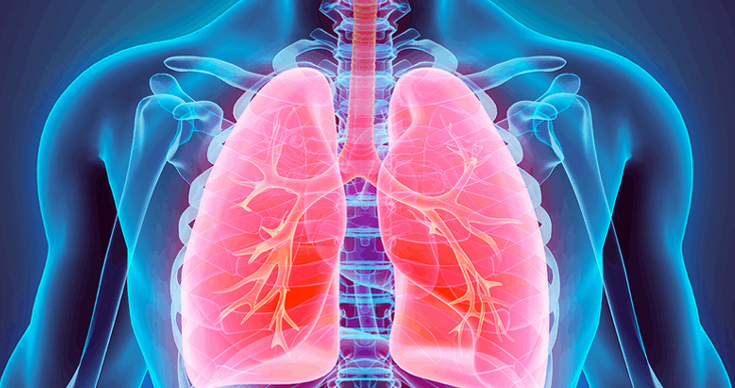
An insight into Lung Cancer, its types and complications
One of the scariest diseases that the world has been fighting is cancer – a disease that destroys the tissues in the body where the abnormal cells divide uncontrollably. Lung cancer is the leading cause of cancer deaths worldwide. It is essentially the growth of deformed cells in the lung. It is riskier in nature as the detection usually happens in the latter stage, i.e. when it reaches the advanced stage. But for an early stage lung cancer, the survival rate is better as compared. Many scientists are working rigorously to examine the risk factors and discovering the protective factors.
It is no news that people who smoke have the greatest risks of lung cancer but that does not account to the fact that non-smokers are free from the risk.
Types of Lung Cancer
Alike all the other diseases, doctors have divided lung cancer into two major types. The two types of lung cancer include small cell lung cancer, exclusively in heavy smokers and non-small cell lung cancer, an umbrella term for several types of lung cancers. While non-small cell lung cancers include squamous cell carcinoma, adenocarcinoma and large cell carcinoma.
The complications caused by lung cancer can be as below:

- Shortness of breath – The cancer grows and blocks the airways that help people breathe, thus, shortness in breath. It also causes fluid to collect around the lungs thus not allowing the expansion during inhalation.
- Blood in cough – One of the rather gory complications are when the cancer causes bleeding in the airway, known as hemoptysis. But treatments are available to control bleeding
- Pleural effusion – When the fluid accumulates in the space that surrounds the affected lung in the chest cavity, is known was pleural effusion, Shortness is breath often results from this. Treatments are available to drain the fluid from your chest and minimise the risk.
- Metastasis – When the cancer spreads to the other parts of body, it is known as metastasis. The early symptoms are pain, nausea and headaches.
When should you visit the doctor?
If the signs are persistent, it is advisable to make an appointment with your doctor. Pulmonology and chest medicine is the medical specialty dealing with detecting and treating illnesses and conditions involving the respiratory tract. Many a time, these patients require intensive medical care and life support.
Pulmonologists address the following conditions
- Asthma
- Rheumatoid Lung Disease
- Severe Lung Infection
- Bronchitis
- Occupational Lung Disease
- Chronic Obstructive Pulmonary Disease (COPD)
- Pulmonary Fibrosis
- Lung Cancer
Pulmonologists perform a range of diagnostic tests to evaluate the nature of the underlying condition and offer treatment accordingly. Some of them are as follows
- Blood Profile Investigation
- Pulmonary Function Tests
- Chest X-ray
- CT Scanning
- Spirometry
- Scintigraphy
- PET (Positron Emission Tomography)
- Sleep Studies
- Bronchoscopy
At ILS Hospitals, the expert pulmonologist offers the best treatment for many pulmonological disorder. ILS Hospitals provides advanced diagnostic services with round the clock doctors and state of the art Operation Theatres. Our renowned surgeons and experienced team of paramedics ensure the complete safety of all our patients. Please visit www.ilshospitals.com/pulmonology-and-chest-medicine/or call us on +91 90514 60000.


